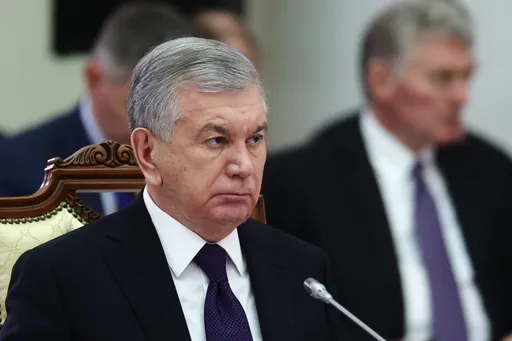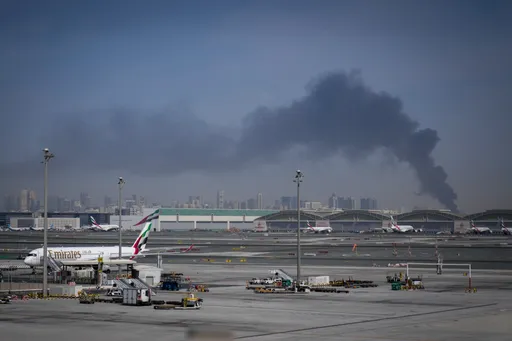Executions across the world reached their lowest figure in a decade last year with a 31 percent decrease, according to a report by Amnesty International.
Compared with 2017, there were 303 fewer executions last year, with the number of global executions dropping to 690 from 993. Amnesty added that the drop came despite regressive steps by a small number of countries.
Key factors involved in the decrease include Iran’s amendment to its narcotics law, which increased the minimum amount of drugs possessed needed for death penalties to be issued.
The move resulted in a 50 percent decrease in the number of people executed in the country in 2018.
However, the country still accounted for one-third of executions worldwide.
A significant decrease in executions was also observed in Iraq, Pakistan, and Somalia.
At the end of 2018, the total number of countries that have abolished the death penalty for all crimes reached 106, while 142 countries have abolished the death penalty in law or practice.
“The dramatic global fall in executions proves that even the most unlikely countries are starting to change their ways and realise the death penalty is not the answer,” said Kumi Naidoo, Amnesty International’s Secretary General.
The advocacy group noted that it only kept records for known executions worldwide. Countries like China, Belarus, and Vietnam classify executions as state secrets or do not report them.
Due to restrictive state practice, and ongoing wars and conflict, the advocacy group was unable to access information on countries such as Laos, North Korea and Syria.
China
Although Beijing is yet to make figures on the death penalty public, the country remained the world’s leading executioner in 2018, with data suggesting it executes thousands of people.
Amnesty says it stopped publishing the estimated figures on China due to concerns that the authorities were misusing the numbers.
Leading the list, the country has long faced international scrutiny over its brutal crackdown on political dissidents and its Muslim Uighur minority.
Iran
With at least 253 executions carried out in 2018, Iran followed China in the list of the world’s top executioners. The number remains the lowest recorded since 2010 and less than half of the number reported in 2017.
After the drug law amendment in the country, the number of death penalty convictions included 160 people who were convicted of murder and 22 men who were convicted of raping a woman.
Saudi Arabia
With 149 executions in 2018, Saudi Arabia failed to abide by international standards on fair trials by conducting them in secret with those accused had no legal representation, Amnesty said.
The country executed 71 Saudi Arabian nationals, while the rest included nationals of Pakistan, Syria, Egypt, and Yemen.
Most of the executions in Saudi were for murder with 85 killings, and 60 for drug-related offences.
Amnesty says death sentences in Riyadh were often based on confessions given under-reported torture and used as a tool to crush dissent. The report said the authorities often failed to inform families before or even after executions had been carried out.
Vietnam
In Vietnam, there were more than 85 recorded executions and more than 122 death sentences in 2018, a sharp rise compared to the previous year.
Despite authorities providing information regarding the numbers of executions and death sentences in 2017 and in 2018 in rare statements, figures on the use of the death penalty continued to be classified as state secrets.
Amnesty says the death penalty continued to be used extensively for drug-related offences and murder, while several people faced death penalties for economic crimes.
Iraq
Despite a 58 percent decrease in the number of executions in 2018, Iraq carried out at least 52 executions, which were carried out with “flagrant violations of due process”, according to the Amnesty report. At least 125 people were executed in 2017.
The executions, carried out by Iraq’s central authorities, were mostly for terrorism-related charges, in addition to murder, kidnapping and drug-related offences.
The report said the executions have been retaliatory at times as well as being in response to public outrage towards Daesh.
One such example is when Prime Minister Haider al Abadi called for the swift execution of convicted "terrorists" whose death sentences had been ratified, and the Ministry of Justice subsequently announced the execution of thirteen prisoners.



















